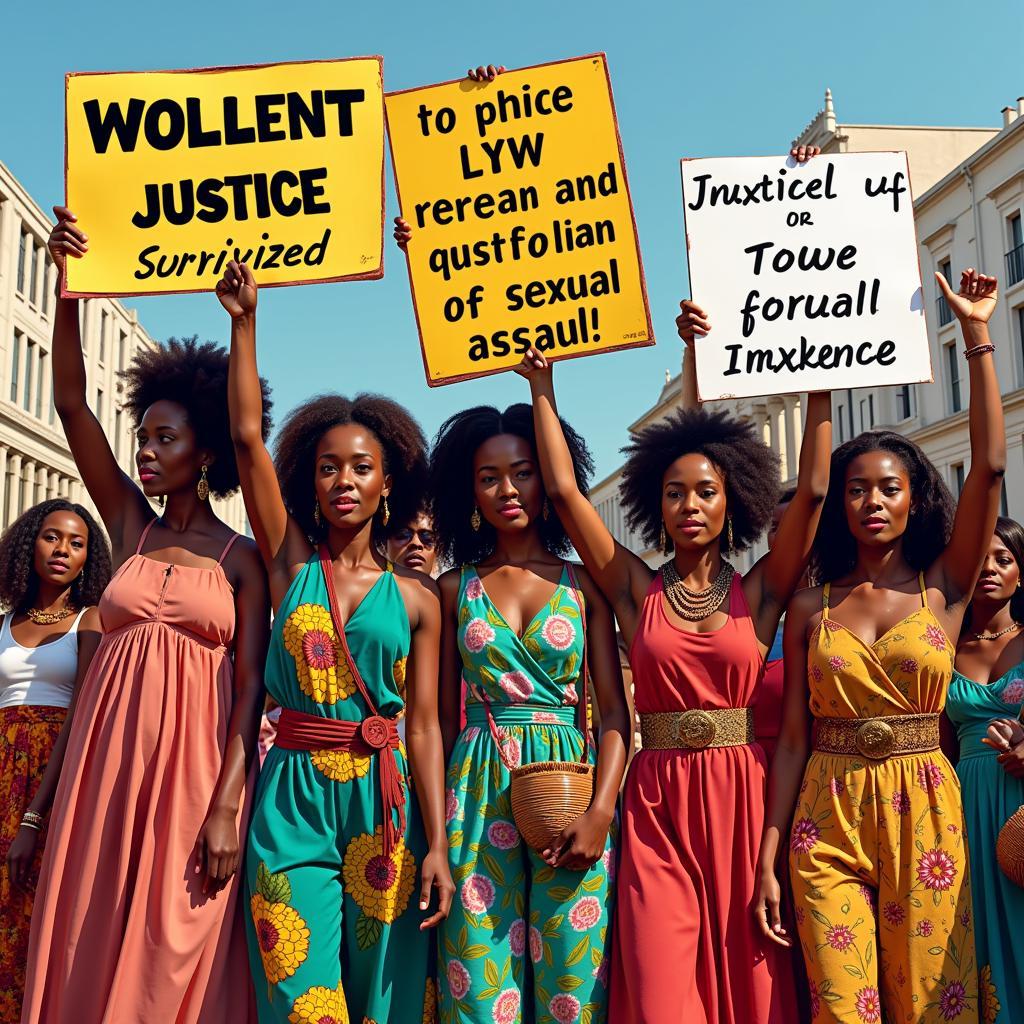Understanding the Identity of a Person of South African Dutch Descent
A Person Of South African Dutch Descent is commonly known as an Afrikaner. The term “Afrikaner” carries a complex history, encompassing cultural, linguistic, and political connotations. This article delves into the multifaceted identity of Afrikaners, exploring their origins, language, culture, and evolving role in contemporary South Africa.
From Settlers to a Distinct Identity: The Genesis of Afrikaners
The story of Afrikaners begins in the 17th century with the arrival of Dutch settlers at the Cape of Good Hope. These early colonists, primarily from the Netherlands but also including Germans, French Huguenots, and others, sought new lives in the southern tip of Africa. Over time, they forged a distinct identity, shaped by the challenges of frontier life, interactions with indigenous communities, and the gradual development of a unique language and culture.
Afrikaans: A Language Forged Through Isolation and Innovation
One of the most defining features of Afrikaner identity is their language, Afrikaans. This language, with roots in 17th-century Dutch, evolved as a distinct tongue through a process of creolization and adaptation. Influenced by Malay, Portuguese, and indigenous African languages, Afrikaans emerged as a vibrant and expressive language, reflecting the cultural fusion at the heart of Afrikaner identity.
A Culture Rooted in Tradition and Adaptation
Afrikaner culture is a rich tapestry woven from diverse threads. It draws upon Dutch traditions, adapting them to the African landscape and blending them with elements from indigenous cultures. From traditional foods like “biltong” (dried meat) and “melktert” (milk tart) to folk music and dance forms, Afrikaner culture reflects a deep connection to their adopted homeland.
However, it’s crucial to acknowledge the darker chapters of Afrikaner history. The implementation of apartheid, a system of racial segregation and discrimination, casts a long shadow on their legacy. Understanding Afrikaner identity necessitates confronting this painful past and recognizing the ongoing process of reconciliation and healing in South Africa.
The Afrikaner Identity in Post-Apartheid South Africa
The dismantling of apartheid in 1994 ushered in a new era for South Africa and prompted a profound re-evaluation of Afrikaner identity. Many Afrikaners have embraced the principles of a democratic and inclusive South Africa, seeking to redefine their place in a society marked by diversity and shared history.
FAQ: Delving Deeper into Afrikaner Identity
1. What is the origin of the term “Afrikaner”?
The term “Afrikaner” initially referred to any person born in Africa, regardless of their ethnicity. Over time, it became specifically associated with people of South African Dutch descent.
2. What is the relationship between Afrikaners and the Dutch people today?
While historical ties exist, Afrikaners have developed a distinct cultural and national identity separate from the Netherlands.
3. How has Afrikaner identity evolved since the end of apartheid?
Post-apartheid South Africa has witnessed a shift in Afrikaner identity, with many embracing a more inclusive and progressive outlook.
4. What are some prominent cultural contributions of Afrikaners?
Afrikaners have made significant contributions to literature, music, art, and various academic fields in South Africa.
5. What are some of the challenges facing Afrikaners in contemporary South Africa?
Like many communities in post-apartheid South Africa, Afrikaners navigate issues of economic disparity, social integration, and reconciliation with the past.
Need More Information?
For those seeking further insights into the fascinating and intricate world of Afrikaner identity and South African culture, explore these related articles:
Contact Us
Should you require further assistance or have any inquiries, please do not hesitate to contact us:
- Phone: +255768904061
- Email: kaka.mag@gmail.com
- Address: Mbarali DC Mawindi, Kangaga, Tanzania
Our dedicated customer service team is available 24/7 to assist you.

